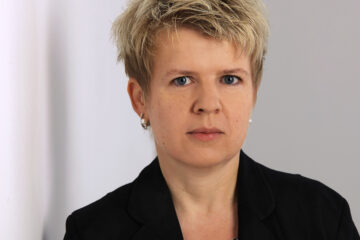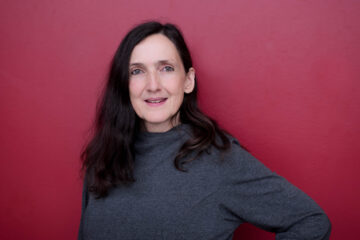In this lecture, Ayça Çubukçu will reflect on the modern concept of humanity. Engaging with Hannah Arendt, Malcolm X, and Frantz Fanon in particular, she will explore humanity’s capacity to designate a collective subject to be defended and redeemed through various ethico-political projects on the one hand, and an apparently self-evident, all-embracing species on the other.
Ayça Çubukçu is Assistant Professor in Human Rights at the London School of Economics and Political Science, where she leads a research group on Internationalism, Cosmopolitanism and the Politics of Solidarity. She holds a PhD from the Department of Anthropology at Columbia University and a BA in Government from Cornell University.
Comment: Adham Hamed, University of Innsbruck
Moderation: Andrea Urthaler, University of Innsbruck



















